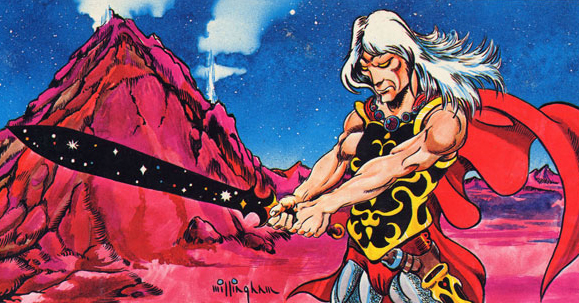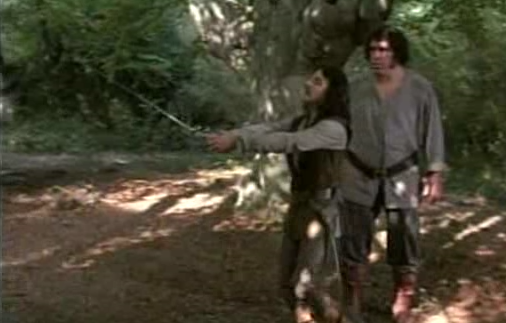Bill Zebub
“It’s probably Matt Mercer’s fault.”
So I was doing some research the other day and came upon a bit in the DMG where it claimed 25% of all magic swords have some sort of Intelligence.
Woah! One out of four of those generic +1 longswords cluttering up my campaigns were supposed to have extra powers? I don't recall this being that common with weapons found as treasure in published adventures; is this something that the game designers and most DM's either overlooked or chose to ignore?
Maybe you should try actually talking to your swords more, instead of just taking them for granted.
#ToxicWarriorCulture


